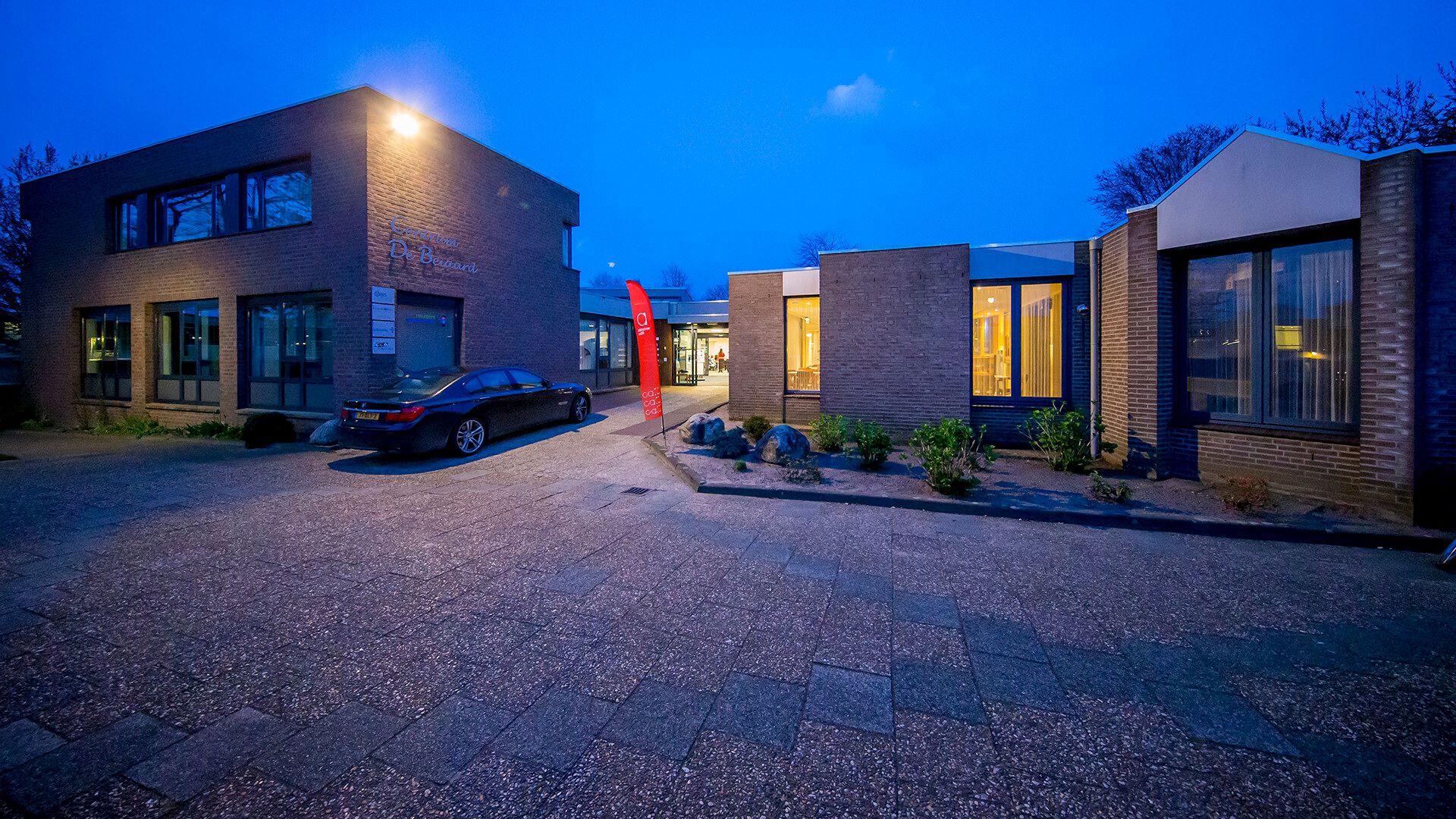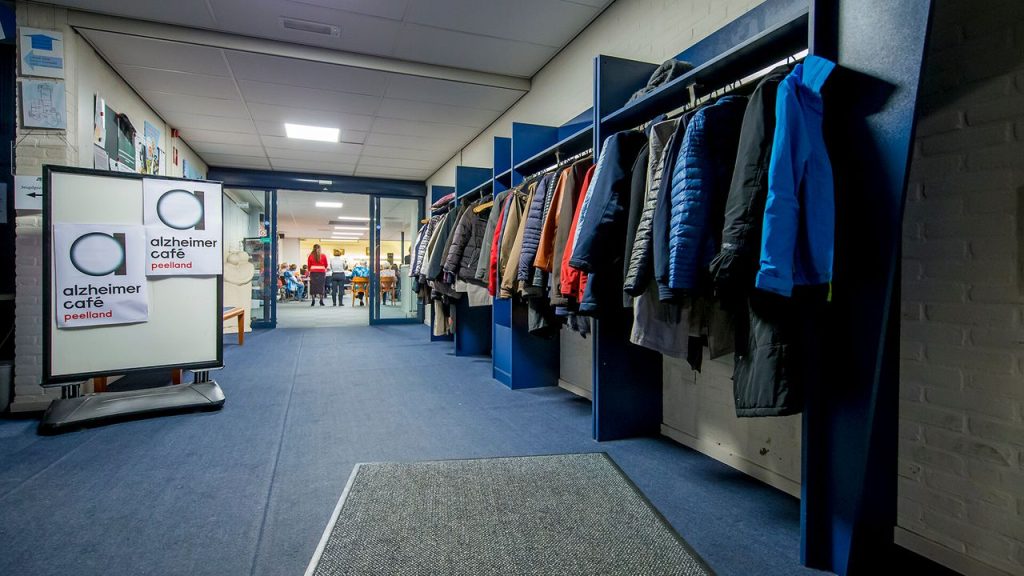Alzheimer’s Café Peelland held a meeting on Tuesday 4 October on the topic “Dementia, mourning and loss”: a difficult topic.
More than forty people came to De Beiaard in Asten for this subject. Moderator Hanne Dirksen spoke to Astense Irene Kersten before the break. Irene worked in the police for a long time and then had to deal with all kinds of violent situations. She later went on to study people’s behavior in traumatic situations and crises. She now owns a business that enables organizations, schools, and businesses to optimally handle crisis situations and provide effective aftercare to those involved. So she can be called an expert rightly.
In the event of a serious event, it does not have consequences only for the first person involved. A partner, children, friends, colleagues, or employer are also involved to a greater or lesser extent in the processing of the trauma or the processing of the loss. The question “How do you deal with dangerous events?” So he has no unequivocal answer. Each person—depending in part on the relationship—reacts differently. Hearing a diagnosis of dementia can also be considered a serious event. This can be obvious on the one hand (“Now I understand my partner’s reactions or behavior”), and on the other hand raises many questions (“What is coming to us? How should we deal with this?). There is no step-by-step plan for everyone on how to Dealing with these (mourning, loss, dementia) However, in general, you can say: “Talk about it with each other, support each other, show your understanding and give space to each person’s way of handling it. Show bliss that you’re there for him, go there with a pot of soup, offer to mow the lawn or ask if there’s anything you can do,” said Erin.
And do not forget the children (grandchildren). They also have questions and emotions when a grandparent or grandmother dies and when they see the dementia process. Begin the conversation in understandable language. Books (printed) can be of help in this regard.
After the break there was an opportunity to ask questions. They came in abundance. They were not all related to the topic of grief and loss, but rather arose from the daily practice of informal caregivers of a person with dementia.
For example: Why can a person with dementia be so annoying, quick and even aggressive towards the nearest caregiver and can turn like a leaf when someone else comes in?
Or: why a daytime activity is a great solution for one person and another that cannot be persuaded to do it.
This: A person with dementia also goes into a “griefing process” or may have to deal with the death of a loved one. How do I test all of this?
Erin tried to explain everything, but also when answering these questions, it seems that it can be different for each situation and for each person. Essential when dealing with grief and loss: showing love, understanding, patience, and giving space and time to everyone’s feelings.
Irene used another beautiful picture that might provide guidance in a seemingly hopeless situation: in the boat you need two oars to sail forward, otherwise you’ll spin in circles: one oriented towards loss and one oriented towards the future. So you might think about the loss and how it was all, but also worry about the future.

Opening of the Alzheimer’s Beland Café
Rob Fritzen
Alzheimer’s Café on November 1 has the theme “Young People with Dementia”.
It will only happen to you that you were told you had dementia at the age of 40. You are still young. How do you deal with that? What do you encounter? For example, can you still continue to work? And if so, for how long? How do you tell this to colleagues? What is the impact of this on your environment? For your children, who are mostly still young? On your partner?
Moderator Jacques Huijsmans will speak to Martine Doorenbosch, Dementia (Young) Case Manager at De Zorgboog.
ACP is dedicated on December 6th to celebrate the 5th anniversary of Alzheimer Café Peelland.
Then there is a theater performance by the Aan De Lijn Theatre. Two sisters and a brother, both elderly, try to figure out who has dementia. It will be an exhilarating and hilarious performance. Improved.
Meetings will take place in the center of De Beiaard in Asten, starting at 7.30pm (doors open from 7pm) and ending at 9pm. Free first cup of coffee.

“Total coffee specialist. Hardcore reader. Incurable music scholar. Web guru. Freelance troublemaker. Problem solver. Travel trailblazer.”







More Stories
Another commercial party goes into space: ‘Space travel always remains risky’
This orangutan in Sumatra treats himself with herbs
Gut health: Is microbiome testing reliable?